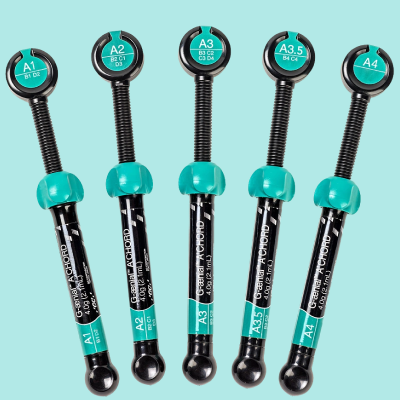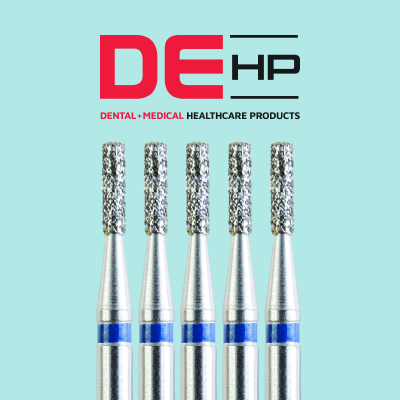
Laurence is a copywriter and trained journalist. His passion is creating insightful and educational content for dental professionals of every level. Outside of work, he enjoys watching sport, quizzing and spending time with his family.
You May Also Like
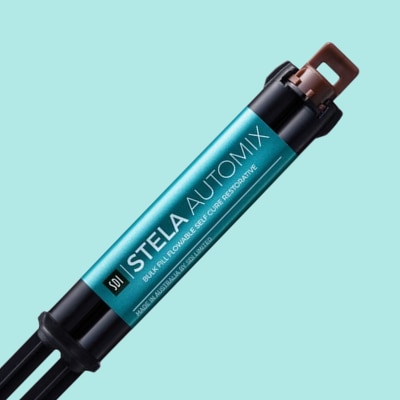
SDI Stela
Stela is the ideal option for dentists seeking a strong and reliable high-performance restorative, that is simple, fast and does not compromise aesthetics.
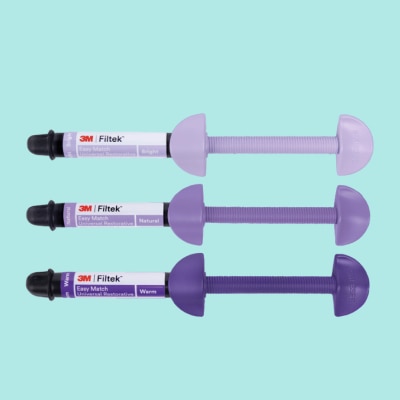
Filtek Easy Match Restorative
Filtek Easy Match Universal Restorative is a 3-shade system designed to deliver an excellent shade to almost any patient’s tooth shade.
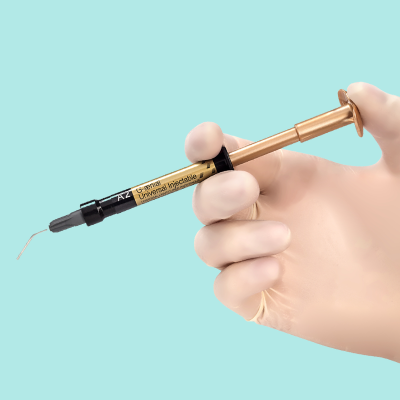
Amalgam Alternatives from GC
Whether your preference is for composite or GIC, GC is a brand that specialises in easy-to-use restoratives that can help smooth your amalgam phase-down.
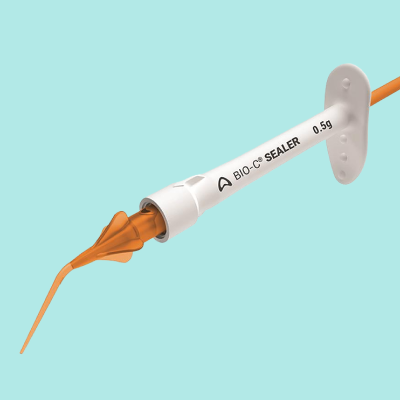
Angelus Root Canal
All products in the Angelus root canal sealers and cements range are designed to improve the workflow of DCPs and patient outcomes.

SDI Exclusive Offers
Don't miss this limited-time opportunity to stock up on your favourite SDI products!
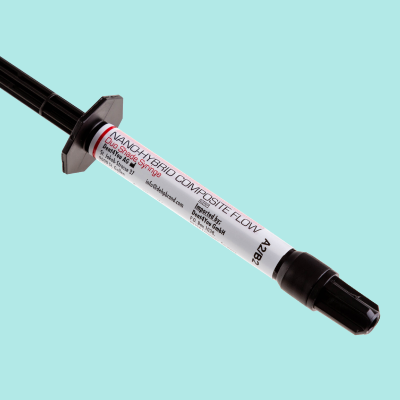
DEHP Nano Flowable
Find out how DEHP Nano Flowable Composite has stayed Kent Express' best-selling composite for several years running.
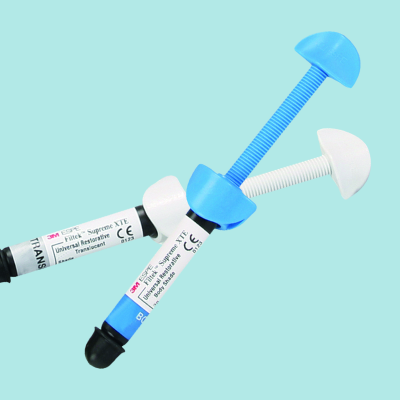
Enhance Your Restorations
Discover how 3M's impression materials, composites and polishing discs can optimise your restorations from start to finish.
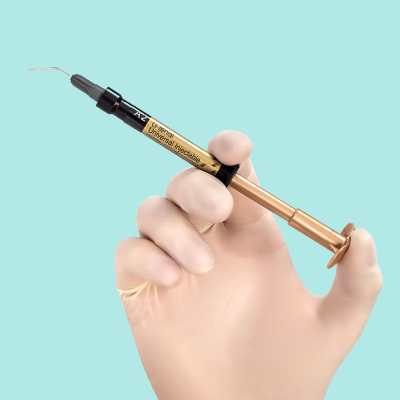
Solutions for Root Caries
Root caries in older patients should be approached holistically with a treatment plan that identifies, protects, treats and controls.
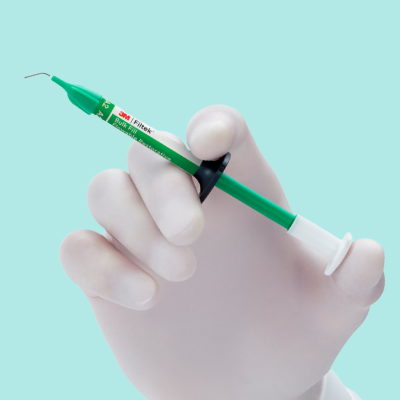
Can Bubbles Be Avoided
How 3M Filtek Flowable Restorative can help remove the challenge of bubbles with its innovative syringe design other advantages.

Own Brand Essentials Checklist
Switching to Kent Express own brands for your everyday essentials can provide your practice with serious yearly savings.
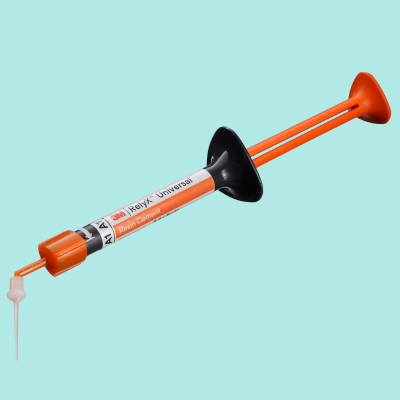
Universal Resin Cement Can Help
To simplify dental cementation try a universal resin cement, such as RelyX from 3M. Find out more.
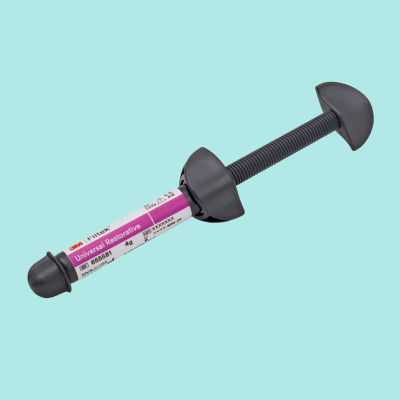
3M Restoratives
3M has several restorative materials designed to remove unnecessary stress at every stage of a restoration and make life easier.
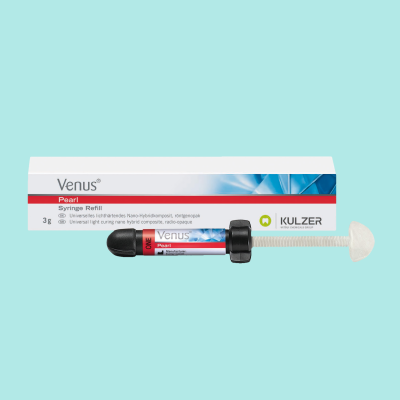
Kulzer Venus One Range
Your ONE shade solution for everyday cases. Enjoy efficient handling and long-lasting restoratives with Kuler Venus One composites.

Retraction Cord Vs Paste
A look at the pros and cons of the two most popular gingival retraction methods for impression taking prep

Enhance Composite Restorations
6 tips for success to help you get the most out of your flowable composite restoratives.
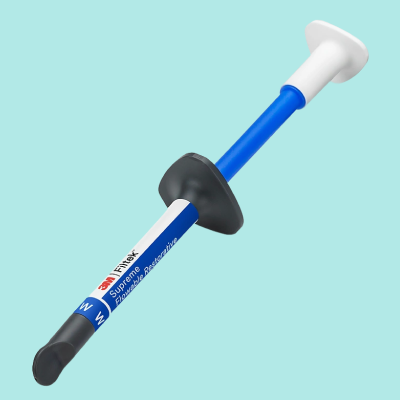
3M Filtek Supreme Flowable
3M Filtek Supreme Flowable Restorative and helps to virtually eliminate bubbles, cut waste and reduce the thumb pressure needed for injection.
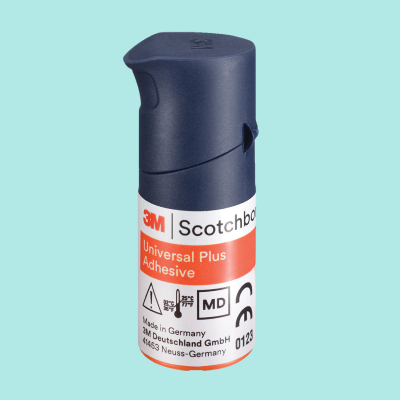
3M Cements Adhesive
Find your perfect bonding agent with 3M's comprehensive range of cements and adhesives.

3 Dental Etch Products
Explore the top three dental etch products you should know about for effective bonding and restoration with Kent Express' informative guide. Shop now.
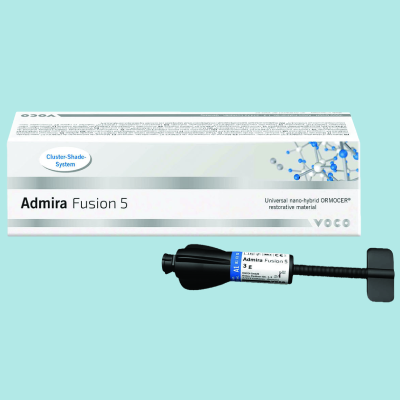
Admira Fusion 5
Admira Fusion 5 is the first purely ceramic-based restorative material without no classic monomers.
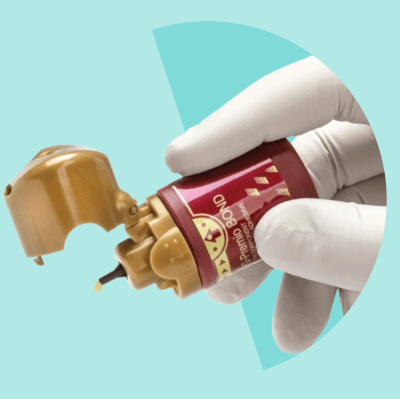
G-Premio BOND
With its high bond strength G-Premio BOND universal adhesive can be used for a wide array of treatments involving most materials.
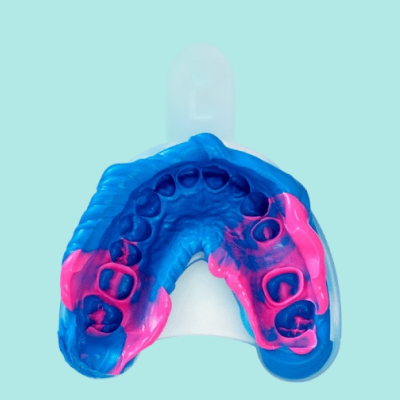
Avoid Voids in Impressions
Advice on the best techniques and materials to use to avoid those dreaded impression voids.
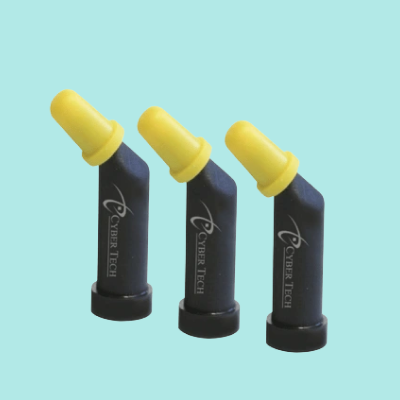
Consider Own Brand Restoratives
Try our 100% guaranteed Own Brand restoratives and discover products with near identical quality to big name brands but at a lower price.
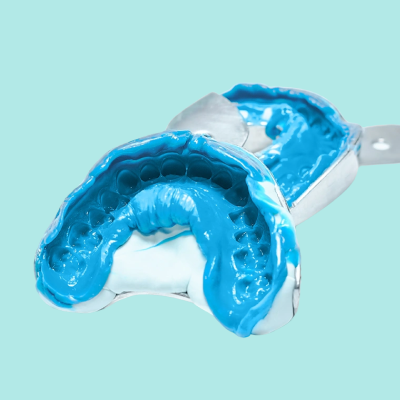
Silicone Impression Materials
An in-depth look at the similarities and key differences between the two main silicone impression materials
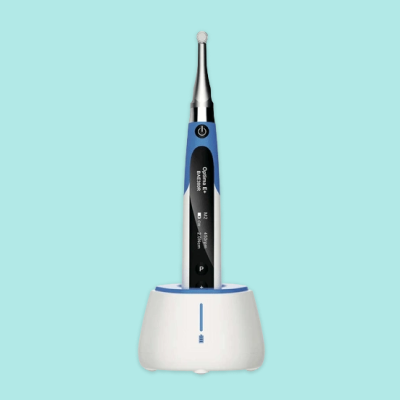
Endo Motors With Apex Locators
Having your apex locator built into your endo motor can streamline root canal procedures and reduce operation times.
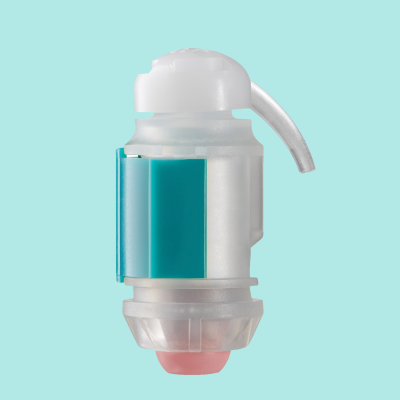
Glass Ionomer Fillings
How switching to 3M glass ionomer products could make fillings and other procedures quicker, easier and less messy.

Why Do Dental Implants Fail
A look at why dental implants sometimes fail and the ways to minimise the chances of this happening.
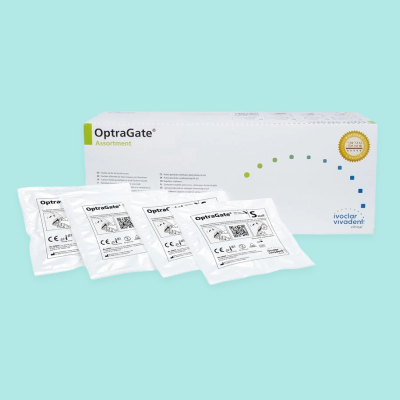
Optragate: Adhesive Bonding
Perfect for adhesive bonding, OptraGate lip and cheek retractors can help control moisture effectively and provide an unobstructed view of the oral cavity.
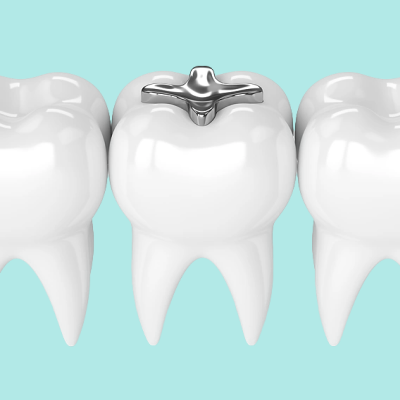
Amalgam Fillings in Dentistry
Could amalgam fillings be gone by 2030? We discuss the past, present and future of amalgam.
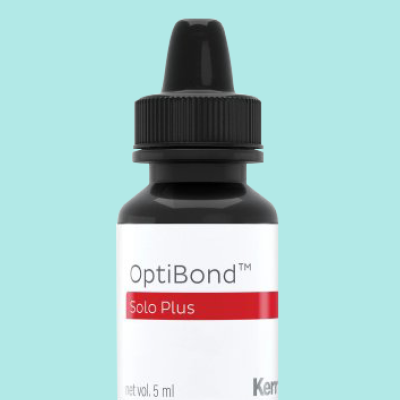
Kerr OptiBond Solo Plus
Kent Express’ best-selling total-etch adhesive for several years running, Kerr OptiBond Solo Plus offers qualities not found in other adhesive systems
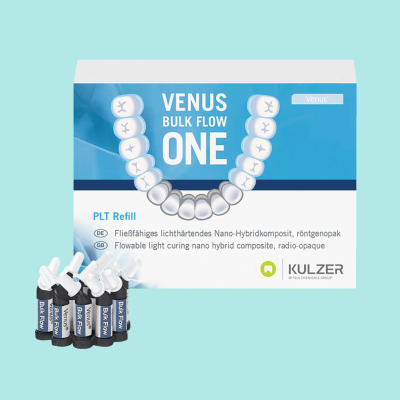
Benefits of Venus Bulk Flow ONE
With NHS dental appointments still unavailable to many, some have resorted to treating their teeth at home in what is being dubbed ‘DIY dentistry’.
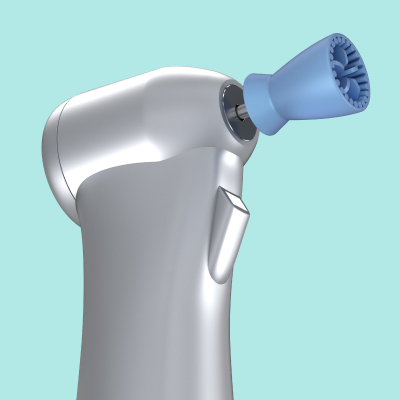
Find the Best Prophy Paste
Finding a good prophy paste can make hygiene treatment a more comfortable and rewarding experience for dentists and patients alike.
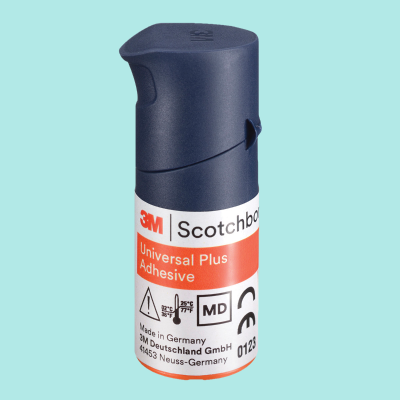
Relieving Stress, Composite Way
How 3M restoratives can help take stress out of composite bonding, placement, curing and shade matching.
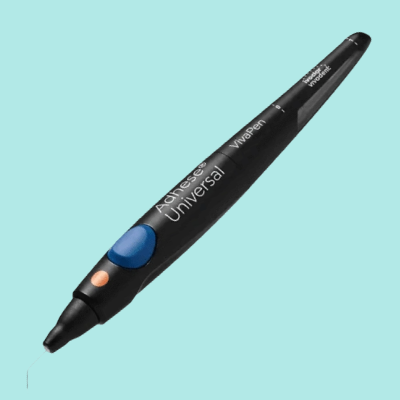
Dental Adhesive System
All-in-one adhesive systems like Ivoclar Adhese Universal are capable of generating a strong bond to a wide variety of restorative materials. Find out more.
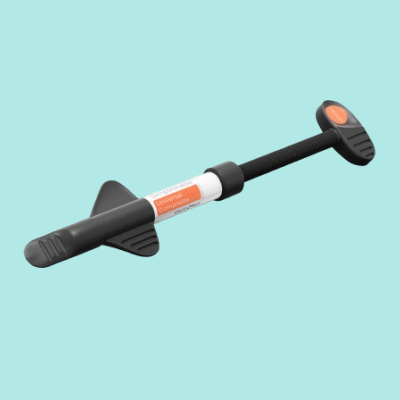
Simplishade reduces chair time
How time management, not more patients, is the key to increased productivity and profitability in the dental practice.
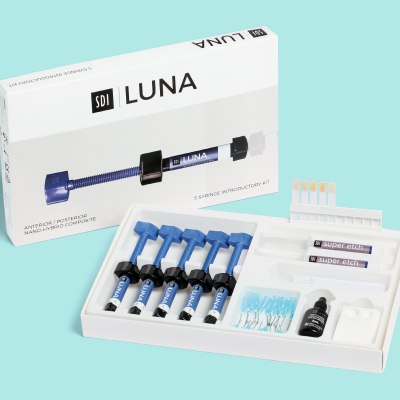
SDI Luna Nanohybrid Composite
Everything you need to know about the new SDI Luna nanohybrid composite and the first-hand experiences using it by a dental care professional.

Choosing GC Restorative Material
Fall in love with your next restorative material from GC. Discover the benefits of some of GC'S most popular composite and glass hybrid restoratives.
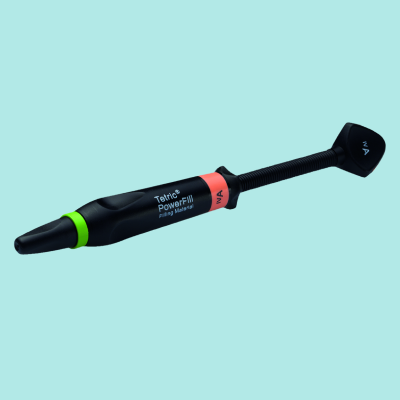
Restorative Treatments Guide
Our 4-Step guide to more efficient restorative treatments can help to make direct restorative treatment an easier and more effective process.
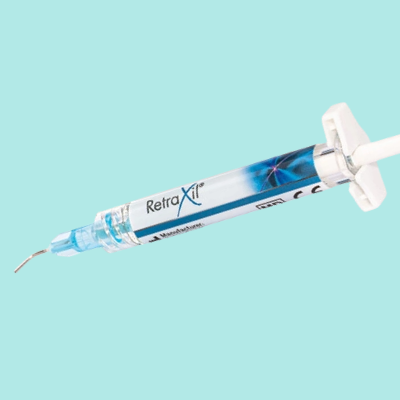
RetraXil Retraction Paste
Astringent retraction paste can provide several benefits over cords for patient and dentist. Advanced pastes such as RetraXil, are optimising these benefits
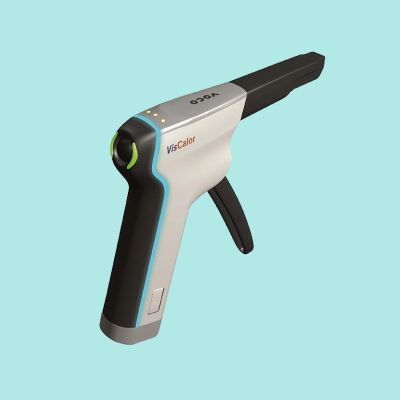
Voco VisCalor
Find out why Voco VisCalor one of the worlds most popular dental materials and how it is the world’s first universal composite to use thermoviscous technology
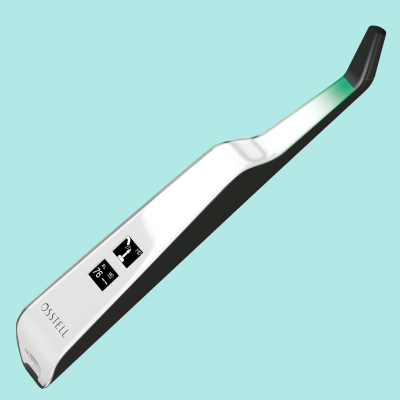
Simplify Implant Stability
We can help you simplify implant stability with the Osstell Beacon, it uses RFA to determine stability in seconds to help simplify and improve implant results.

3M Prep to Cem
Several considerations must be made for securing an indirect restoration to tooth structure can sometimes complex. This guide aims to provide solutions.
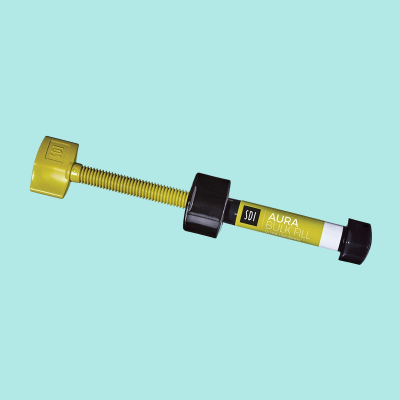
Effective Bulk Fill Composite
Bulk fill composites have seen a rapid rise in popularity over the years, this is your go to guide to know what makes a good bulk fill composite.
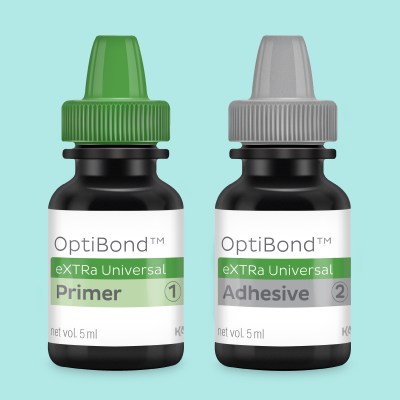
Kerr Restoratives
Designed to make life easier for dentists, the Artisan range of restorative solutions from Kerr Dental consists of award-winning products and formulas.
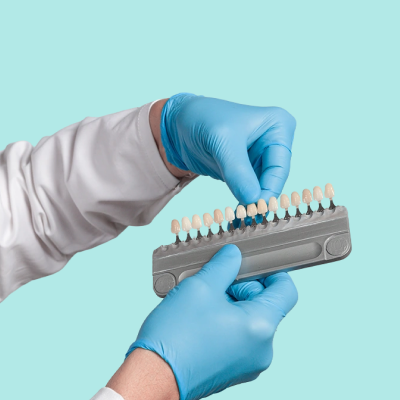
Universal Shade Composite
Minimise the number of shades needed in your practice with universal composite and discover the key benefits.

Dental Waste Disposal
Read Kent's guide to disposing dental waste safely and legally. Ensure your practice is fully compliant and optimising its waste management operation.
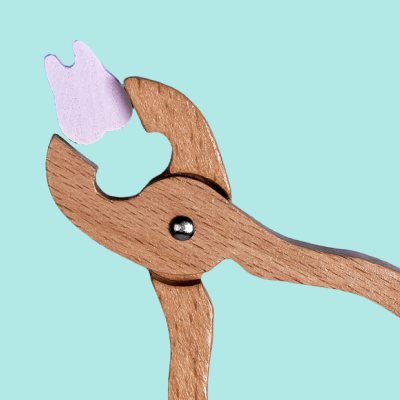
Dental Extraction Products
Should you let patients take their extracted teeth home? Find out the benefits and risks with Kent Express' helpful guide. Shop now for dental extraction products.
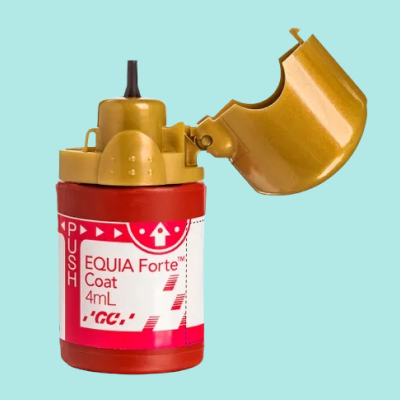
Why Consider Dental Glass Hybrid
Find out more about the advantages of using dental glass hybrids as a restorative over composites and amalgam.
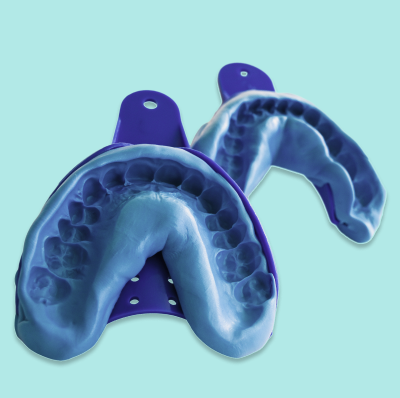
Best Dental Impression Material
Find out what the best dental impression material is for your practice with Kent Express' helpful guide. Shop a wide variety of addition silicone, condensation silicone, alginates and polyether in stock for next working day delivery
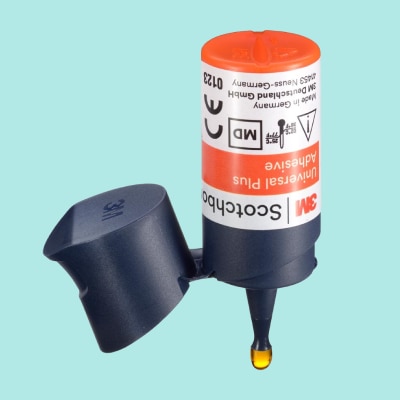
How to Make Cementation Simpler
Find out how 3M RelyX Universal can simplify and standardise cementation procedure.
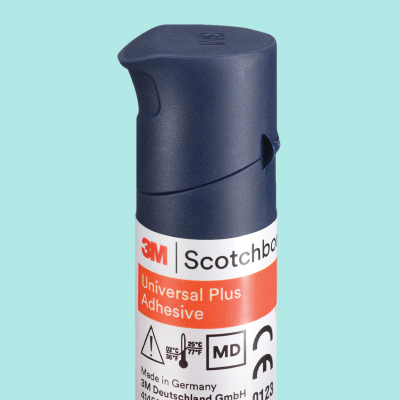
Radiopacity in Dental Adhesives
Discover the importance of radiopacity in dental adhesives with Kent Express' informative guide. Learn about the benefits and shop related products.
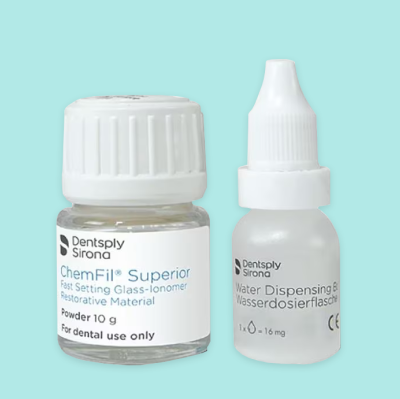
Advantages Glass Ionomer Cement
Learn about the advantages of Glass Ionomer Cement (GIC) on Kent Express blog. Discover its uses, benefits, and how it compares to other dental materials.
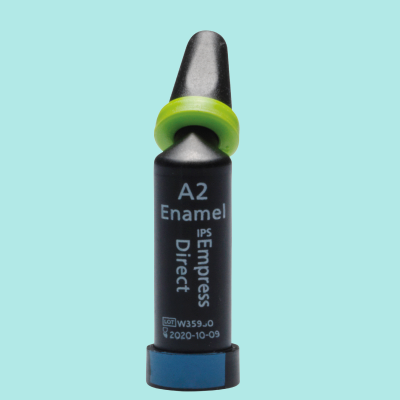
Guide to Dental Composites
Looking for the best dental composites for your practice? Check out Kent Express' comprehensive buying guide, with tips and recommendations for every need.

